
I remember walking into a store and buying an energy drink. In turn, the shop owner went out of their way to tell me, a stranger who they met for the first time and who didn’t do anything special to start a conversation, about why I shouldn’t be consuming energy drinks and why they are so bad for our health.
To this, I replied “so why are you selling this product?”
After all, the same store was selling cigarettes, alcohol, and all other sorts of unhealthy snacks. In fact, I estimate that the vast majority of the products they were selling were somehow bad for one’s health, and I’m sure that this store owner didn’t tell each and every client about the excessive amount of sugar, chemicals, preservatives, and unhealthy oils in their cookies.
Naturally, this isn’t an isolated instance of a random conscious health freak who somehow ended up working in a convenience store telling a random stranger about the negative effects of energy drinks. In fact, for some reason, people’s energy drinks have an extra negative rep among other unhealthy products.
I mean, why are people so obsessed with telling me off about this one product?
In a different instance, I heard a person telling me what they think about energy drinks, then proceeding to smoke, drink a fizzy drink (like Coca-Cola), and eat a big fat kebab. This same person was also known to consume some drugs recreationally, but somehow, an energy drink was a big no-no to them.
Alarmed and worried, I tried to understand the negative nature of energy drinks, so I decided to look at different ingredients, to google, and hear different experts talking about why energy drinks are so bad for us, everything considered.
What I found out is that energy drinks have:
– High amounts of sugar – but not necessarily more than other fizzy drinks or other already mentioned products with a high amount of added sugar, like cookies;
– High amounts of caffeine – around 30 mg per 100 ml (depending on the energy drink) compared to 40 mg per 100 ml. This isn’t necessarily bad, as some studies suggest that up to 6 cups of coffee (or 400 milligrams of caffeine) per day is still considered healthy and even recommended (I was surprised about it, too), so having about 1 energy drink per day is still acceptable in terms of caffeine consumption;
– Chemicals and preservatives – there isn’t anything specifically interesting and alarming there. Just the same as we can find in many other products.
Of course, we should be aware of the negative effects of sugar, caffeine, chemicals, and preservatives, but the bottom line is that I don’t see anything particularly dangerous in relation to energy drink consumption, at least when compared to other “unhealthy products,” so I don’t know if the stigma associated with energy drinks is completely justified.
In my opinion, energy drinks are just a new unhealthy product, so people feel like they have something new to say about it. For example, in relation to smoking, drugs, gambling, alcohol, fast food, and other unhealthy products, we wouldn’t go out of our way telling people why these products are bad, right? However, with energy drinks, there is still room to say something like that it stimulates the brain, so it must be unhealthy, right? All along, no one clearly articulates why it is so.
Of course, energy drinks are still unhealthy, but not more than say a fizzy drink. There is a danger of overconsumption of energy drinks, such as drinking more than one or two energy drinks per day, or energy drinks of a particularly bad quality (as they come in all sorts and sizes). Mixing energy drinks with alcohol isn’t recommended, although it is very popular in parties, bars, and clubs.
There is certainly time and a place to drink energy drinks, such as I’ve seen people doing it recreationally, while nothing especially interesting was happening. I mean, they were by themselves, just walking alone on the street, wasting time, drinking energy drinks. To me, this is wasteful, as if I drink energy drinks it is because I need the mental or physical energy that such a drink provides.
There are healthy alternatives to energy drinks, such as coffee, some superfoods (e.g., ashwagandha), and tea, although they are not as potent in terms of their effect as an energy drink.
In this way, I’m not an angel, in the sense that I still consume many unhealthy products, such as occasional alcohol, products with a lot of added sugar, salt, and fats, and yes, energy drinks. I’m doing a lot of healthy habits too, such as I’m vegetarian (being a strict vegan was too hard for me), I never smoked, or did any drugs, I avoid fast food, fizzy drinks, I cook for the most part at home, and many of my bad habits are conscious and regulated, minimized.
To this extent, I’m conscious about my positive and negative habits, and I try to do my best to do everything in as positive a way as possible. And while this isn’t always possible, I avoid telling anyone off if I disagree with their negative habits (except if they are somehow especially dangerous towards others). The only exception is if people ask me directly about what I think about this or that product, in which case I can show an article like this about a specific product of interest.
Still, I don’t think that energy drinks are somehow necessarily worse than other unhealthy products that are socially acceptable and we consume on a daily basis.
I mean, there might still be some room to argue why energy drinks are especially unhealthy, and if you still find this to be the case, I would love to read about it in the comments.
Overall, when I teach people about happiness, I always have to look into their consumption and money patterns. Again, energy drinks alone won’t be something that builds or breaks a person, but it is helpful to know about the positive and negative effects of this and other product types.
As such, if you are looking for a complete happiness formula, you are in the right place. On this blog, I write about everything related to happiness. For a full happiness formula, please continue reading this blog or contact me for a full happiness course.
Stay happy!







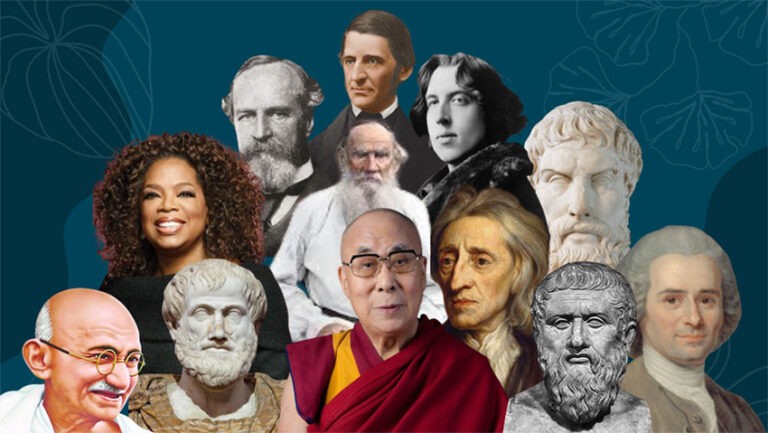

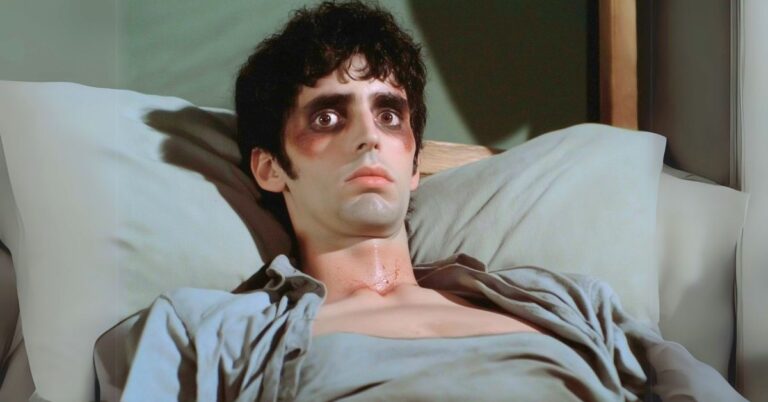
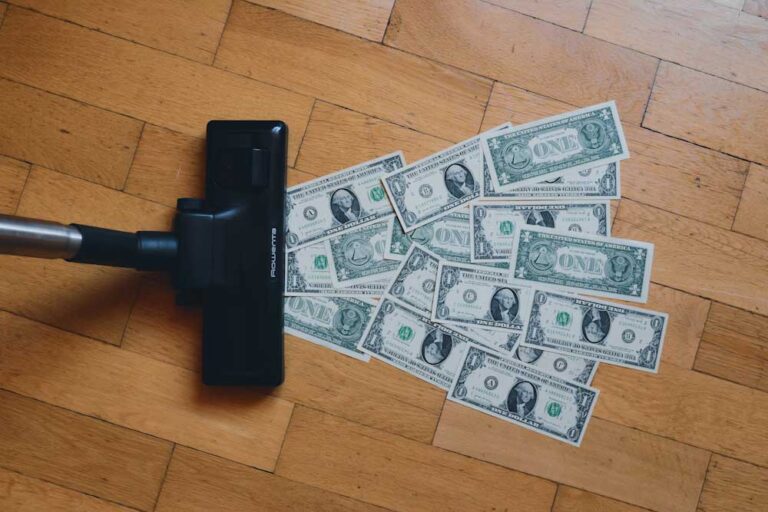
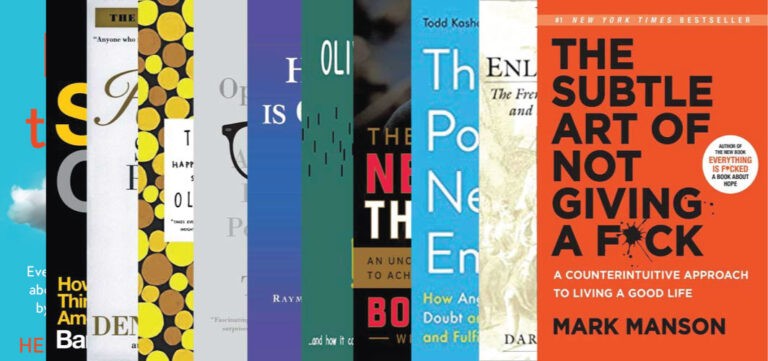
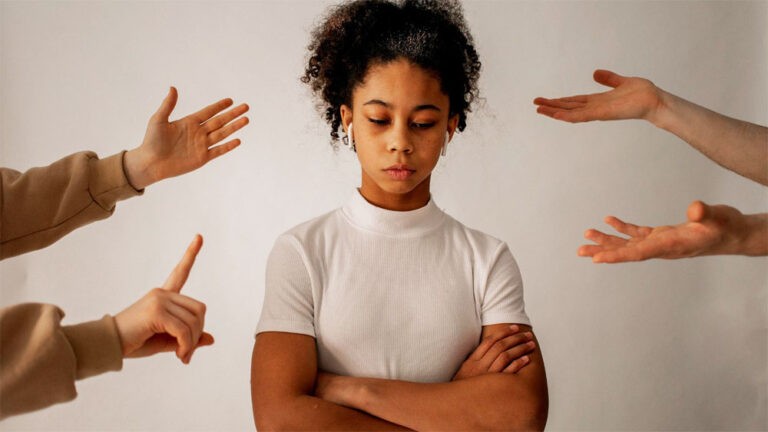
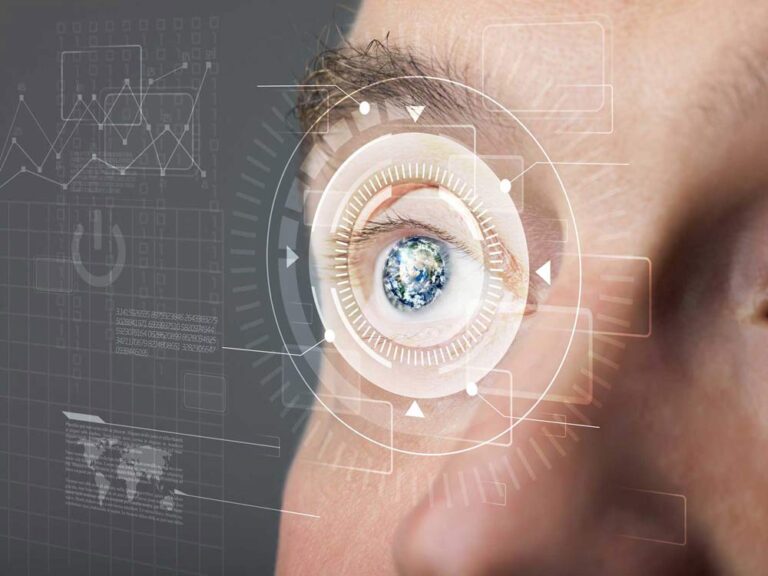

1 thought on “Energy Drinks: An Exaggerated Negative View of This Drink”
I am a coffee drinker. I found an energy tea, but one cup of coffee just seems to “float by boat.” Really trying to drink more water. This info made me feel less guilty about my trips to the coffee pot. Thank you.